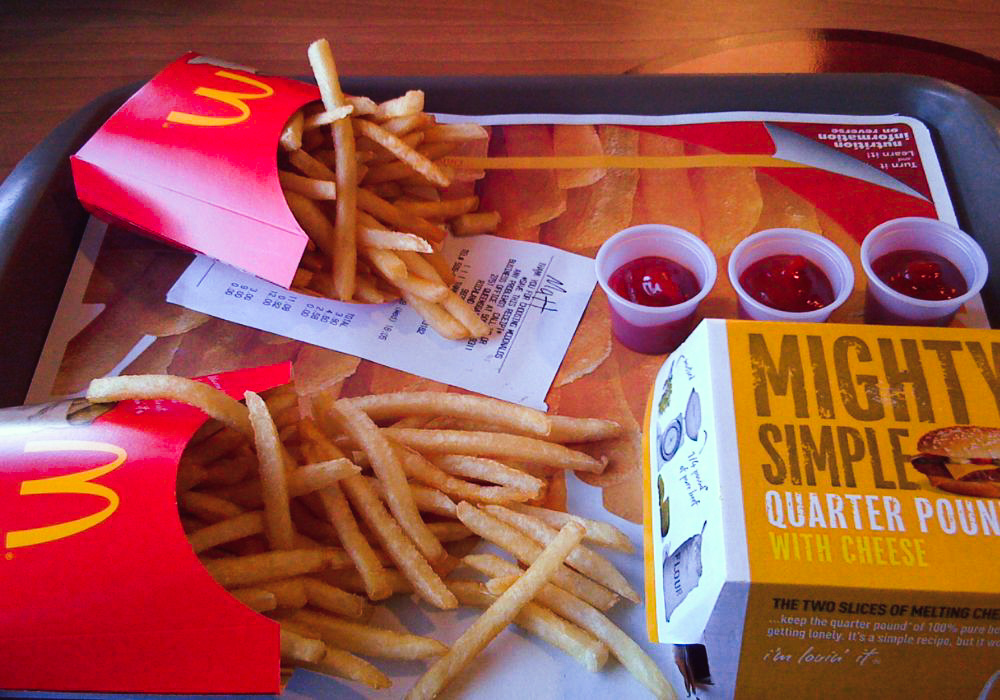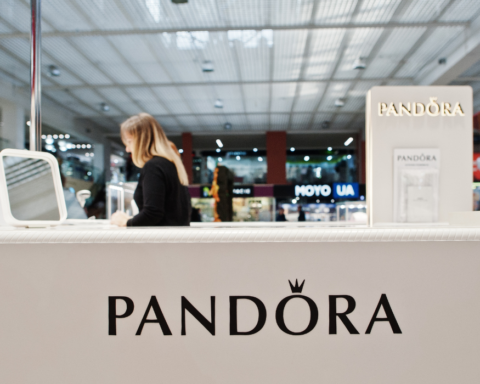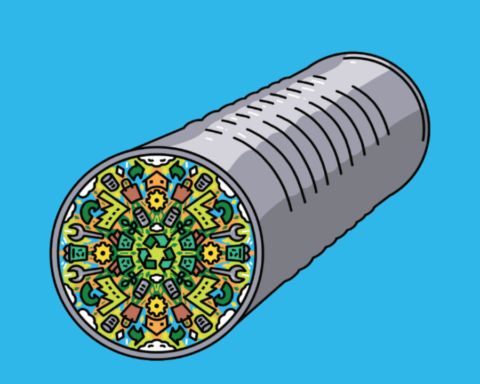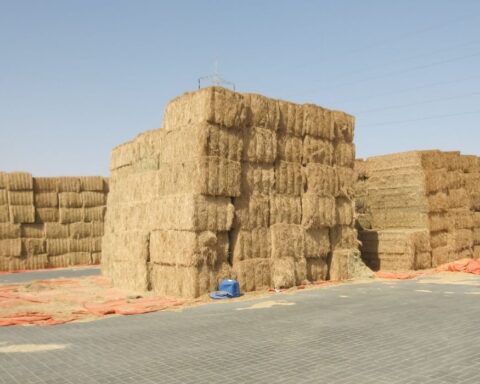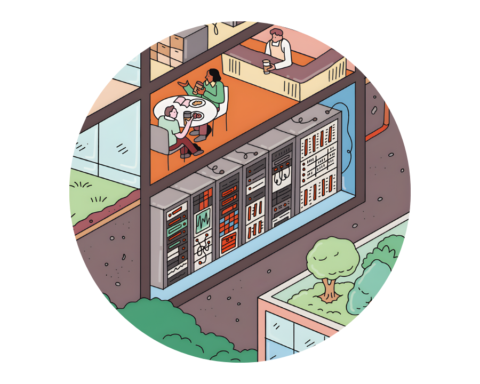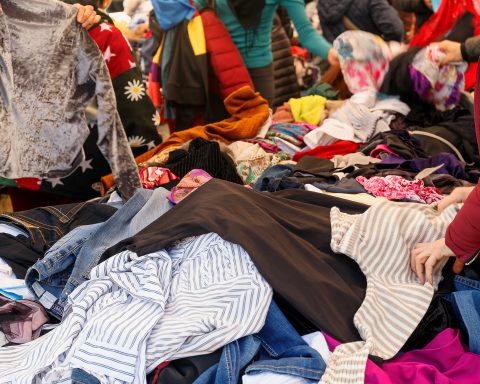Fast-food chains have drawn a line in the plastic-strewn sand. With the muscle of the Big Mac machine behind them, a coalition of some of the biggest brands in quick-service cuisine have taken aim at Europe’s latest attempt to curb the rising tide of packaging and packaging waste.
The Together for Sustainable Packaging alliance – which includes McDonald’s, Dunkin’ Donuts, and Baskin Robbins – is pushing back against reuse regulations with marketing campaigns that suggest that the sweet simplicity of takeaway as we know it is at risk. Observers have been struck by the sheer scale of the lobbying effort on display in the European Parliament.
Last November, the European Commission proposed new EU-wide rules to reduce packaging waste by 15% by 2040, compared to 2018 levels. If approved, revised legislation would ban single-use packaging for food and beverages consumed inside restaurants and cafés, single-use packaging for fruits and vegetables, and those mini shampoo bottles we take home from hotels. Other measures aim to make packaging entirely recyclable by 2030 and set mandatory minimums of recycled contents in new packaging. The proposed legislation also demands rigour when it comes to material labelled as biodegradable, requiring companies to specify how long the material will take to decompose, under which circumstances and in which environment.
According to the European Commission, each person living in Europe produces, on average, roughly 180 kilograms of package waste per year. Without stricter action, legislators say, the region is on track to see its packaging waste jump another 19% by 2030. In the case of plastic alone, it could soar by 46%. Proponents say the new rules will slash water usage and greenhouse gas emissions by an amount equivalent to what Croatia generates every year.
Environmental advocacy organizations have applauded the “strong aim” but pushed legislators to be “more ambitious.” They also warn against ploys to water down language.
The current system works really well for them, because they get to keep using single-use packaging.
– Justine Maillot, Rethink Plastic alliance
Enter exhibit A: a multi-pronged campaign by the fast-food lobbying group calling out what a study it funded said would be a skyrocketing need for water and energy to wash reusable containers, along with a greater risk of cross-contamination in food-production lines. In March, McDonald’s, which generates more than one billion kilos of packaging every year, sponsored an article on the news website politico.eu that argued that reusable packaging will be “counterproductive” to the Green Deal goals Europe is trying to achieve. It’s not alone: industry lobbyists had more than 290 meetings on the topic with European Parliament members in early 2022 alone, according to DeSmog.
None of this is a surprise to environmental advocates. “The current system works really well for them, because they get to keep using single-use packaging,” Justine Maillot, from the advocacy organization Rethink Plastic alliance, told DeSmog. “It’s still very profitable.”
Efforts to combat packaging waste have been a long time coming. Zimbabwe banned plastic bottles and packaging back in 2010. The small Caribbean nation of Antigua and Barbuda followed suit with single-use takeaway items in 2016. Parts of Europe have more recently entered the fray, with France now making it mandatory for fast-food restaurants to use reusable dishware and cutlery, and similar regulations will take effect in Britain later this year. In 2022, Canada announced its own phased-in prohibition on the manufacture, import and sale of six single-use plastic items, including plastic bags, straws and cutlery.
Researchers at the University of Portsmouth note that it will take more than bans to change throwaway-culture attitudes. Governments need to actively pursue truly greener alternatives – a paper bag may not cut it, they note. Antigua and Barbuda, for example, invested in research for plastic alternatives and approved bagasse, a fibrous residue left from sugarcane processing, as a substitute material for packaging. In Vanuatu, bags and food containers made from palm leaves filled a gap after plastic bags were banned. “Working closely with the public like this can also encourage innovation,” the researchers noted.


